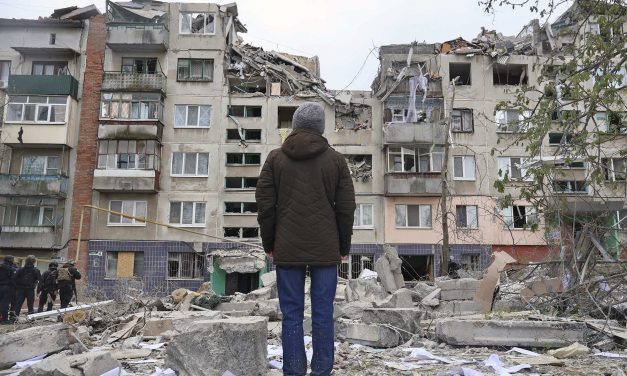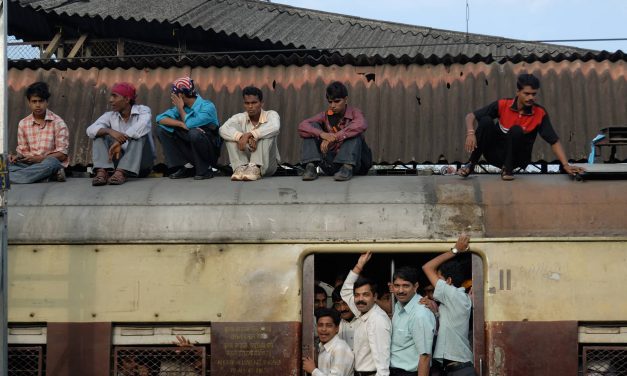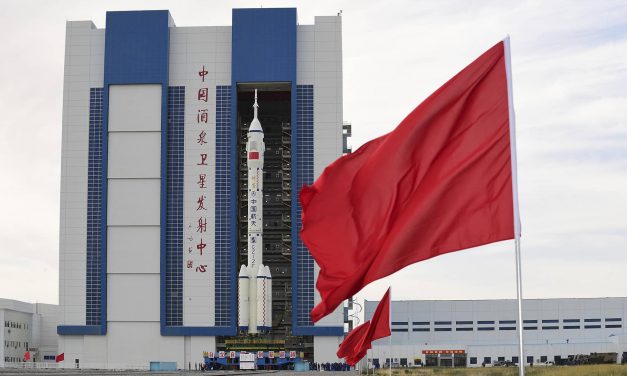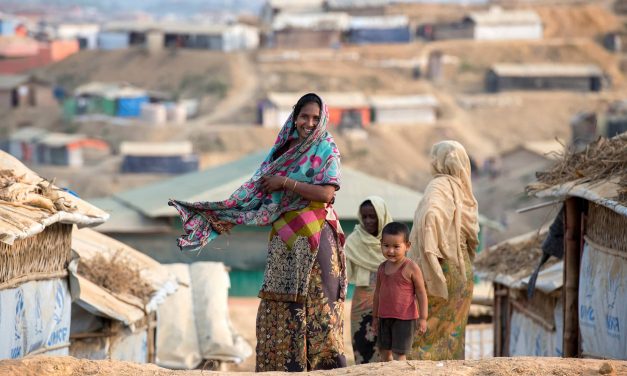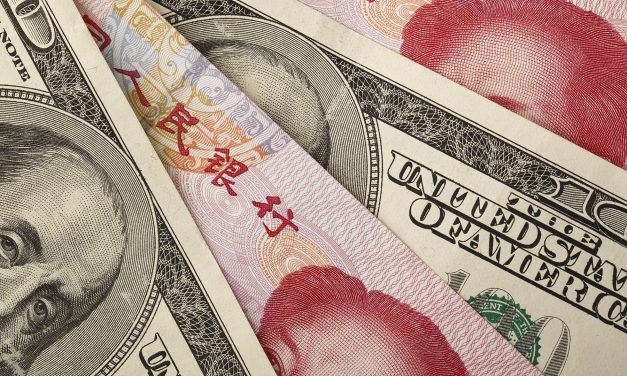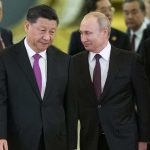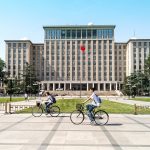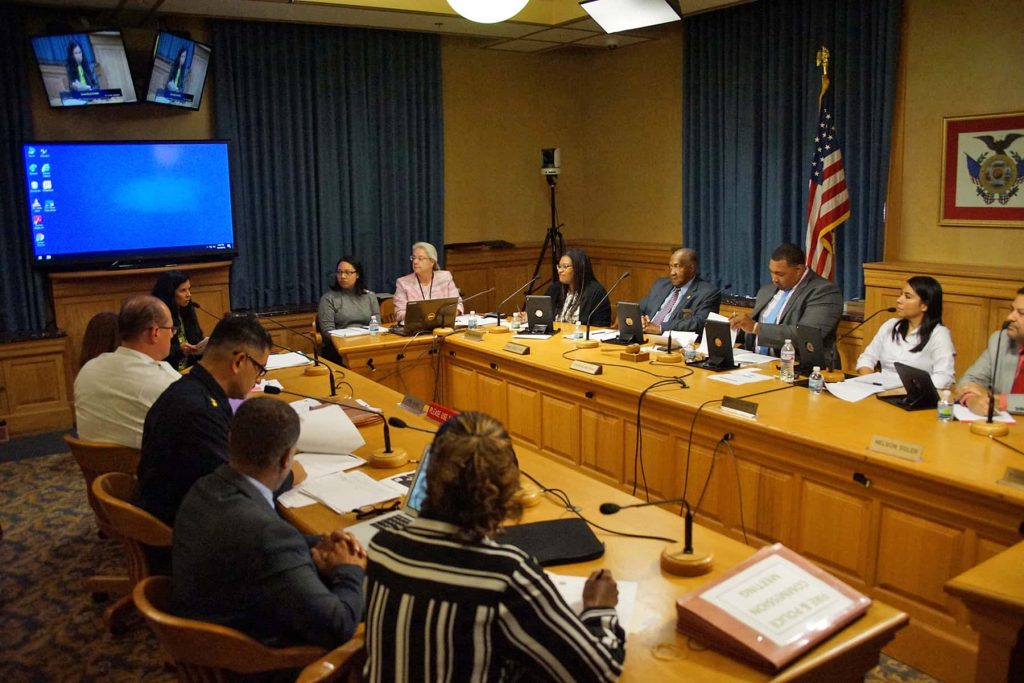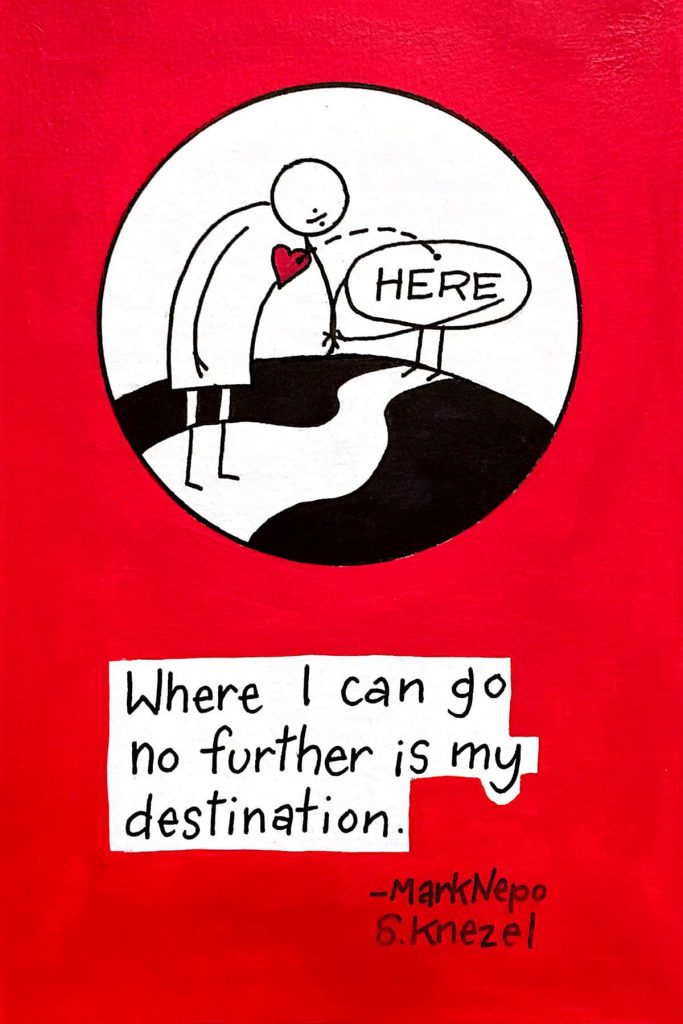Anxiety and Depression: How healthy coping mechanisms can save victims of trauma from PTSD
By Cyril Tarquinio, Professeur de psychologie clinique, Université de Lorraine Those who have experienced the horrors of war see their lives clearly delineated between a “before” and an “after.” This singular ordeal does not, as is often believed, mean that it is impossible to live, but generally forces people to live in a very different way. The disruption of the life process that results from this situation causes upheavals that each individual faces by drawing onto their capacity to adapt. But not everyone reacts in the same way. To describe the mechanisms at work, health psychologists have coined the...
Read More
